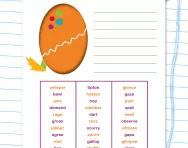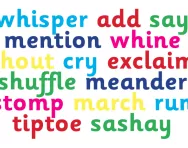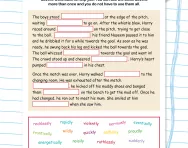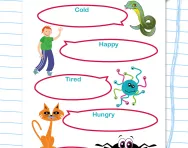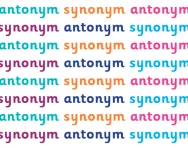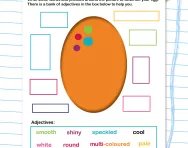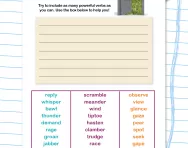Important update from TheSchoolRun
For the past 13 years, TheSchoolRun has been run by a small team of mums working from home, dedicated to providing quality educational resources to primary school parents. Unfortunately, rising supplier costs and falling revenue have made it impossible for us to continue operating, and we’ve had to make the difficult decision to close. The good news: We’ve arranged for another educational provider to take over many of our resources. These will be hosted on a new portal, where the content will be updated and expanded to support your child’s learning.
What this means for subscribers:
- Your subscription is still active, and for now, you can keep using the website as normal — just log in with your usual details to access all our articles and resources*.
- In a few months, all resources will move to the new portal. You’ll continue to have access there until your subscription ends. We’ll send you full details nearer the time.
- As a thank you for your support, we’ll also be sending you 16 primary school eBooks (worth £108.84) to download and keep.
A few changes to be aware of:
- The Learning Journey weekly email has ended, but your child’s plan will still be updated on your dashboard each Monday. Just log in to see the recommended worksheets.
- The 11+ weekly emails have now ended. We sent you all the remaining emails in the series at the end of March — please check your inbox (and spam folder) if you haven’t seen them. You can also follow the full programme here: 11+ Learning Journey.
If you have any questions, please contact us at [email protected]. Thank you for being part of our journey it’s been a privilege to support your family’s learning.
*If you need to reset your password, it will still work as usual. Please check your spam folder if the reset email doesn’t appear in your inbox.
What is a word bank?
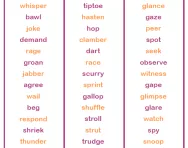
What is a word bank?
Word banks are quite simply lists of words to support children with their writing. These will vary according to the age of the child and the task given.
How are word banks used in KS1?
In Year 1, a teacher might ask a child to re-write Little Red Riding Hood. To help them with their spellings, they might give them a bank of words at the bottom of the page, such as: 'wolf', 'grandmother', 'forest' and 'basket'.
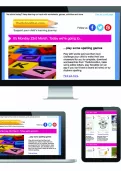
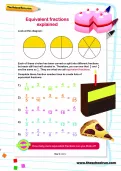
Start your child on a learning programme today!
- Weekly English, maths & science worksheets direct to your inbox
- Follows the National Curriculum
- Keeps your child's learning on track
There are software programmes that give children word banks so that they can create a story by clicking on certain words. This helps them with their decoding skills (ability to look at a written word and say it out loud) and also helps them with composing a piece of writing, without having to worry about spelling or handwriting.
Word banks can also be used to help children to be more creative. A teacher might be focusing on adjectives in a particular lesson, so they may ask children to write a description of something using a given bank of adjectives.
How are word banks used in KS2?
As children move into Key Stage 2, they are expected to start using powerful verbs and adverbs. Some writing tasks include word banks to support children in being creative with their writing.
Word banks can be a good way of helping children to improve their writing by increasing their vocabulary; word banks offer some extra support.
Some teachers encourage children to make word banks on the wall, so that a list of adjectives, powerful verbs or adverbs become part of the display for children to see every day. Often they encourage children to add to these lists with words they have thought of or come across. This way the display becomes a collaborative effort where rich and interesting vocabulary can be shared.




